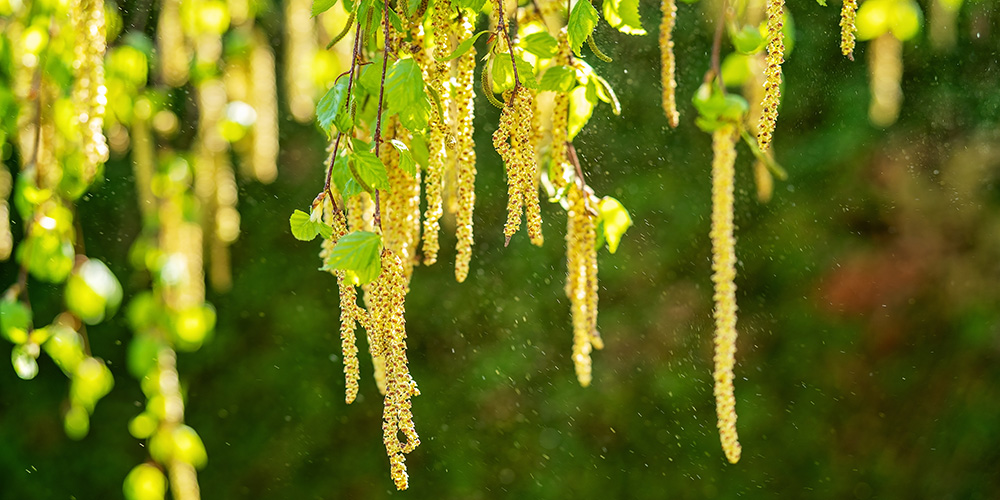The catering services for students and faculty at the Bernoulli Kitchen & Garden, Kollegienhaus, and Biozentrum sites will be provided by Compass Group, which won the public tender.

With appreciation, openness and a spirit of innovation, they create teaching that inspires students: The Teaching Excellence Awards 2025 recognize five lecturers and students for their outstanding achievements.

Taste, pain, or response to stress — nearly all essential functions in the human body are regulated by molecular switches called G protein-coupled receptors (GPCRs). Researchers at the University of Basel have uncovered the fundamental mechanism how such a GPCR works. Using a method similar to the earth satellite GPS, they could track the motions of a GPCR and observe it in action. Their findings, recently published in “Science”, provide guidance for designing drugs.

The body defends itself against pathogens by depriving them of vital iron. However, this strategy doesn’t always succeed against Salmonella. Researchers at the University of Basel have discovered that these bacteria specifically target iron-rich regions within immune cells to replicate. Their findings on how pathogens evade the immune defense are important for fighting infections.

In order for trees to grow, they need to control their water balance meticulously. A study by the University of Basel shows how trees react to drought – and revises previous perceptions.

After the bloody attack on Indian tourists in Kashmir, the decades-long conflict in the Indian subcontinent has flared up again. Conflict researcher Dr Pascale Schild puts the events into perspective and explains why the people of Kashmir have been torn between the fronts for decades.

Bacteria have a simple yet potent mechanism that controls their sensitivity to environmental stimuli. A new study by researchers at the University of Basel reveals that the responsiveness of cells is directly linked to their growth rate: the slower cells grow, the more sensitively they respond to their environment. This increased sensitivity can give the cells a crucial survival advantage.

As part of the Weed Care study, researchers are investigating how the legal supply of cannabis affects consumption and mental health among participants. In a first academic publication, the study team has now reported on the direct comparison of the substance’s legal versus illegal procurement.

Runny nose, itchy eyes: even a small concentration of pollen in the air can trigger a reaction in allergy sufferers. Researchers from the University of Basel and the Swiss Tropical and Public Health Institute have now investigated whether allergic reactions such as these influence cognitive performance.

